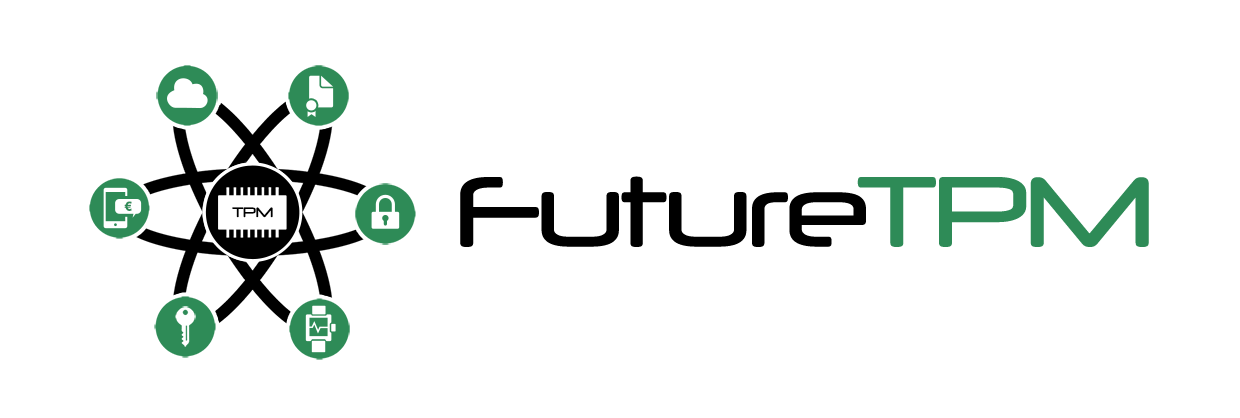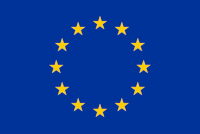2ND WORKSHOP ON CYBER-SECURITY ARMS RACE (CYSARM)
November 13, 2020 Virtual Event, USA
co-located with the https://www.sigsac.org/ccs/CCS2020/index.html
Overview
Cybersecurity is a complex ecosystem that is based on several contradicting requirements. For this reason, it is often defined as an arms race between attackers and defenders: for example, when a new security model or algorithm is devised, it could act as a double-edged sword since it might both enhance the security posture of a system and introduce additional vulnerabilities. Similarly, many of the novel technological solutions that are used to improve the security of systems and networks are also being used by those who wish to threaten well-established algorithms and protocols. For example, it is already known that when large-scale quantum computers become available, they will be able to break almost all the public-key cryptographic algorithms currently in use. Security is also about balancing several trade-offs, e.g. security vs privacy, security vs trust, security vs usability, security vs cost, research vs standardization, academic research vs real applications, to name just a few. For example, while artificial intelligence provides the ability to efficiently analyze massive data streams to detect patterns of anomalous behaviour, it also threatens user privacy by enabling the analysis of individual behaviours, and democratic government by subverting opinions via electronic media. Likewise, the use of trustworthy computing and trusted hardware: while it fortifies systems by providing stronger security and operational assurance guarantees, it also allows attackers to perform stealthy attacks and could be used to damage user privacy. The goal of the CYSARM workshop is to foster collaboration and discussion among cyber-security researchers and practitioners to better understand the various facets and trade-offs of cybersecurity and how new security technologies and algorithms might impact the security of existing or future security models.
Call for Papers
Important Dates
- Paper submission deadline: July 15, 2020 11:59 PM AoE, UTC-12) — Extended
- Notification of acceptance: August 13, 2020
- Camera-ready papers: September 6 2020 (Firm Deadline)
- Workshop date: 13 November 2020
All submissions must be received by 11:59PM AoE (UTC-12) on the day of the corresponding deadline
Topics of Interest
Topics of interest include but are not limited to:
- Arms races and trade-offs in cyber-security (e.g., attackers vs defenders, security vs privacy, security vs trust, security vs usability, etc.)
- Double-edged sword techniques in cyber-security (e.g., artificial intelligence)
- Impact of quantum computing on cyber-security (not limited to cryptography)
- Intrusion detection and evasion, and counter-evasion (also applied to malware analysis)
- Next-generation trustworthy computing security solutions and attacks (e.g., TPMs, TEEs, SGX, SE), and their impact
- Novel attacks and protection solutions in mobile, IoT and Cloud
- Security analysis of protocols, including use of formal techniques
- Standardization of cyber security and trust techniques
- Validation of cyber-security technologies
- Post-quantum cryptography and advanced cryptographic techniques (e.g., homomorphic encryption, secure multi-party computation and differential privacy)
Submission Guidelines
We invite the following types of papers:
Regular paper submissions should be at most 12 pages in double-column ACM format including the references and appendices (the latest sigconf template is available at: https://www.acm.org/publications/proceedings-template — authors should not change the font or the margins of the ACM format). Regular papers should describe original work that is not previously published or concurrently submitted elsewhere.
The workshop will also consider short research paper submissions of up to 6 pages, using the same template (title for short papers must include the text “Short Paper” at the beginning). Short research papers aim at fostering discussion and collaboration by presenting preliminary research activities, work in progress and/or industrial innovations. Short research papers may summarize research results published elsewhere or outline new emerging ideas.
Submissions must be anonymous, and authors should refer to their previous work in the third-person. Submissions must not substantially overlap with papers that have been published or that are simultaneously submitted to a journal or a conference with proceedings. Submissions are to be made on EasyChair. You will be requested to upload the file of your paper (in PDF format only). Submissions not meeting these guidelines risk rejection without consideration of their merits. Proceedings of the workshop will be published by ACM on a CD, available to the workshop attendees. Papers will be included in the ACM Digital Library, with a specific ISBN. Each accepted paper must be presented by an author, who will have to register by the early-bird registration deadline.
Submissions are to be made on EasyChair at:
Committee
General Chairs:
Program Co-Chairs:
- Thanassis Giannetsos (Technical University of Denmark, DK)
- Daniele Sgandurra (Royal Holloway, University of London, UK)
Program Committee:
- Ahmad Atamli (University of Oxford)
- Christoforos Dadoyan (Ionian University)
- Tassos Dimitriou (Department of Computer Engineering, Kuwait University)
- Andrea Höller (Infineon)
- Linzhi Jiang (University of Surrey)
- Ghassan Karame (NEC Research Labs)
- Ioannis Krontiris (Huwaei Technologies)
- Antonios Michalas (Tampere University)
- Melek Önen (Eurecom)
- David Oswald (University of Birmingham)
- Dimitris Papamartzivanos (Ubitech)
- Thomas Pöppelmann (Infineon Technologies)
- Paul Pop (Technical University of Denmark)
- Eamonn Postlethwaite (Royal Holloway, University of London)
- Elizabeth Quaglia (Royal Holloway, University of London)
- Matteo Repetto (CNR-IMATI)
- Mark D. Ryan (University of Birmingham)
- Peter Y A Ryan (University of Luxembourg)
- Riccardo Sisto (Politecnico di Torino)
- Oriol Farras Ventura (Rovira i Virgili University)
- Fernando Virdia (Royal Holloway, University of London)
- Christos Xenakis (University of Piraeus)
Contact
Venue and Registration
Based on careful consideration of attendees’ health and safety, the organizers of the 27th ACM Conference on Computer and Communications Security (CCS’20) have decided that CCS’20 and all its associated workshops will take place as a virtual event. Therefore, we look forward to meeting you virtually at the 2nd CYSARM workshop! Please visit the main conference webpage for the latest details on the virtual event and its registration: https://www.sigsac.org/ccs/CCS2020
Previous editions
 |
 |
 |
 |
